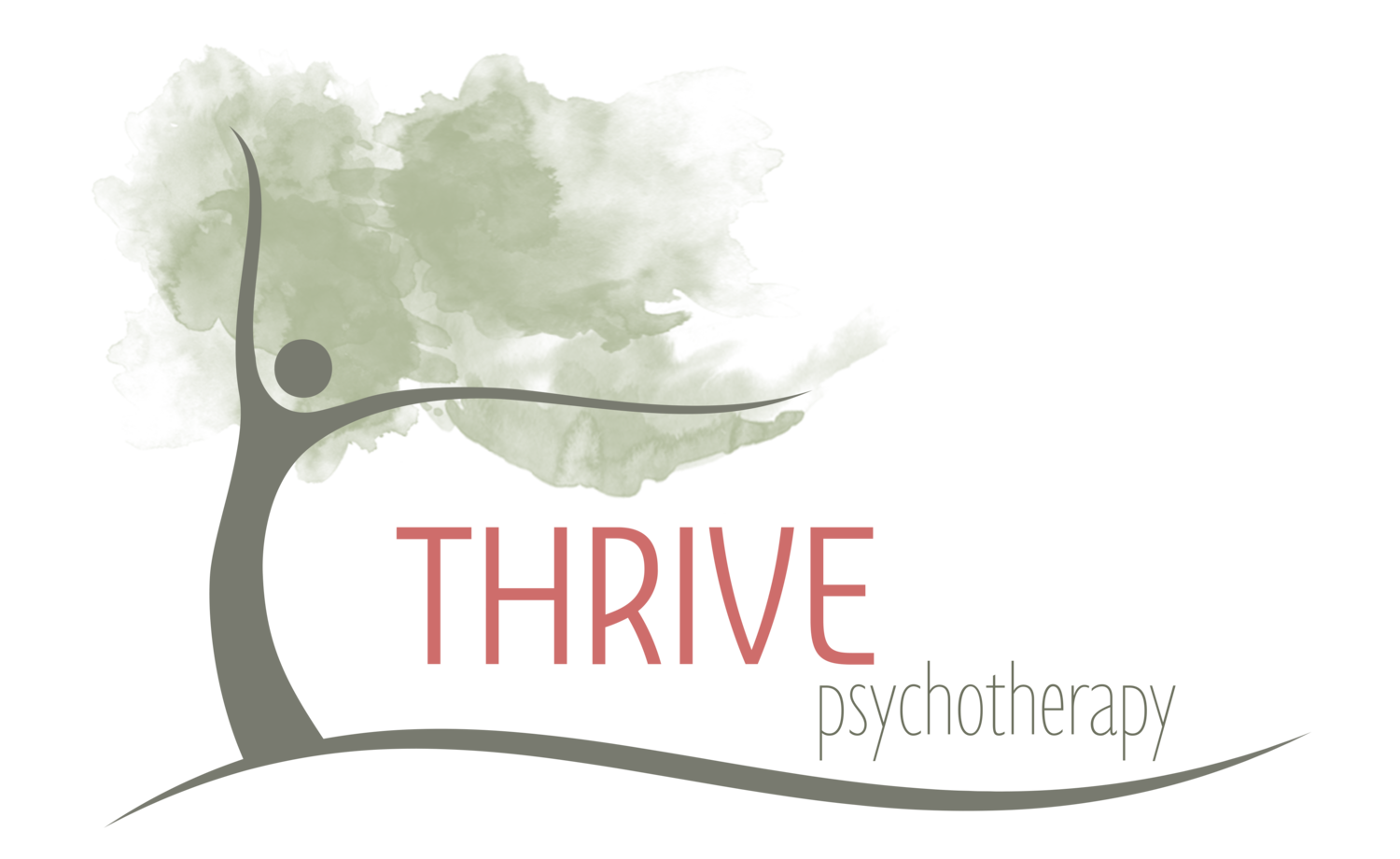Getting Over Guilt
Everyone feels guilty over a social faux pas or missed opportunity now and again but, for some, guilt is an intense and overwhelming experience. If you feel:
- Plagued by a mistake from long ago
- Discomfort with opportunities and privileges
- Disabled by thinking “I’m wasting time”
... this blog is for you.
#FirstWorldProblems
Our society (and especially the Millennial generation) is becoming more comfortable disregarding our genuine struggles as “no big deal” and some even reproach themselves for experiencing hardship in the first place. Identifying the loss of a job, end of a relationship, or indecision about your life’s direction as “first world problems” generates a sense of guilt. It tends to make us think that we are undeserving of feeling distressed. The problem with thinking this way is that your distress is genuine and pretending that it doesn’t exist (or shouldn’t exist) often gets you stuck in a cycle of distress and guilt and more distress and more guilt.
Gratitude Over Guilt
Guilt is considered a negative emotion because it results in your mind shutting down. When we feel negative emotions we go into survival mode and all of our creativity gets put on hold. This means that guilt tends to limit your ability to see other options and that can lead to feeling stuck in a problematic pattern.
The positive emotions, however, are opening in nature. They inspire creativity, social connections, and exploration. Gratitude is one of the most powerful positive emotions. Gratitude and guilt occupy opposing sides of the same coin – where guilt removes us, shamefully, from relationships, gratitude inspires connection and generosity.
The first step in changing your guilt to gratitude is to acknowledge your guilt triggers. Perhaps you tend to feel guilty when you:
- Notice your partner doing more work than you around the house
- Encounter homeless or underprivileged people
- Delay on completing a project at work
- Recognize that you don’t call your grandmother as often as you’d like to
Once you’ve determined what your biggest guilt triggers are, consider writing them down. Jot down some of your trigger thoughts/feelings like “I’m such a bad grandchild and I must not appreciate my grandmother much” or noticing how you tend to avert your eyes and distract yourself when walking past a person begging on the street.
Now that you have those down, start brainstorming some ways in which you can notice what you are grateful for when your guilt gets triggered. When you notice you are beating yourself up over not calling your grandmother perhaps you can redirect your feelings, lingering on what you love about her and how grateful you feel that she is alive and part of your life. Likewise, if being around homeless people makes you uncomfortable, consider focusing on the aspects of your life that you are most fortunate to have: a safe home, a dependable food source, and a caring support system. Really dig into these thoughts and allow yourself to relish how grateful you feel for having the opportunities that you do. The closer we get to feeling gratitude the more likely we are to act generously (which happens to reduce guilt)!
Practice, Practice, Practice
It is totally normal to struggle to institute this practice. Guilt is a strong emotion and doesn’t like being pushed out of the way so it will force its way back in often. For many of us, guilt is a well-worn path in our brains and it will take time to wear down an equally clear gratitude trail. Our “success” at how grateful we feel in any give moment is significantly less important than keeping at the ritual of redirecting our thoughts to gratitude when we notice unnecessary guilt being triggered.
Learning from Guilt
Much of our daily guilt is unnecessary and doesn’t teach us anything instead it just makes us feel bad. However, guilt can also be a useful feeling. When we have done something to hurt someone or have acted recklessly, guilt is often helpful. It’s our own Jiminy Cricket telling us not to do that again. We can learn to discern helpful from unhelpful guilt by deciding if there is something we need to learn from how we are feeling. Oftentimes, we learn these lessons quickly (because guilt is uncomfortable!) and if we continue to feel guilty, we have crossed from the realm of helpful to unhelpful guilt.

